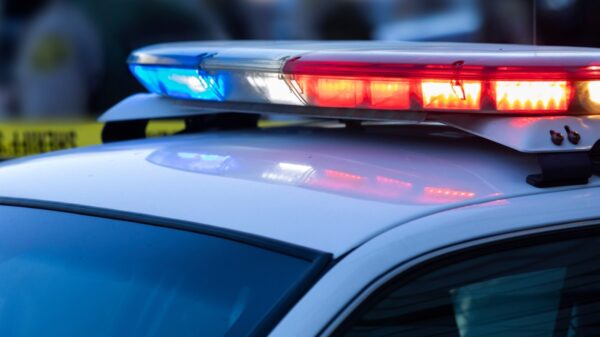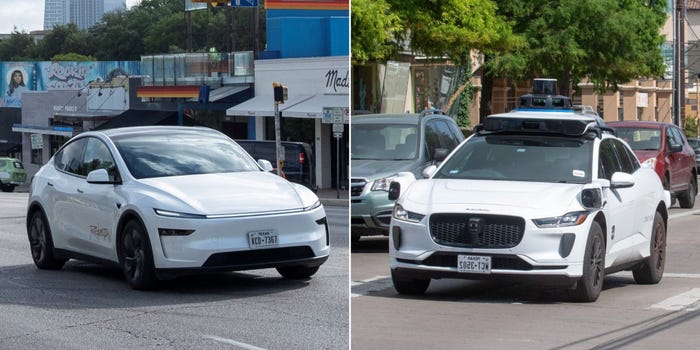UPDATE: In a race for airport access, Waymo has just secured a crucial permit for San Jose Mineta International Airport, intensifying competition with Tesla as both companies aim for a slice of the lucrative ride-hailing market. This development is significant as airports represent a prime opportunity for ride-hailing services, generating substantial trip fees and customer demand.
Waymo confirmed on September 4, 2023, that it will begin testing fully autonomous rides at the airport this fall, with commercial operations expected to launch later this year. This positions Waymo as the only company with permits for autonomous vehicle operations at two U.S. airports, having also started public rides at Phoenix Harbor International Airport in 2022.
Conversely, Tesla has only just initiated discussions regarding permits for rides at the Bay Area’s three major airports: San Francisco, San Jose, and Oakland. Despite already launching its robotaxi service in Austin, Texas, Tesla has yet to secure the necessary approvals to operate autonomous rides in California.
Airport rides are critical for ride-hailing companies, with Uber reporting that 15% of its mobility gross bookings originate from airports. Similarly, Lyft disclosed that 61% of its riders utilize the service for airport trips. As noted by Wharton management professor Lindsey Cameron, “Those are the most lucrative rides,” highlighting the captive audience willing to pay for convenient transportation.
Tesla has been proactive in seeking airport permits, according to a memorandum obtained by Business Insider. The company informed the California Public Utilities Commission (CPUC) that it is pursuing authorization for pick-ups and drop-offs at the region’s airports. Spokespeople from both Oakland and San Francisco airports confirmed ongoing communications with Tesla regarding potential operations, although no formal meetings have occurred yet.
Currently, Tesla holds a Transportation Charter Party (TCP) permit, allowing for ride-hailing services only with a driver present. A CPUC spokesperson clarified that Tesla does not possess the Drivered Pilot AV permit necessary for autonomous passenger services, which restricts its operational capabilities at this time.
In contrast, Waymo’s progress signals a substantial edge in the race for autonomous airport rides. The company has also secured a permit to map the roadways of San Francisco International Airport, showing its commitment to expanding its operations in high-demand areas.
The financial implications are clear. Airports benefit significantly from ride-hailing, with San Francisco International Airport reporting 9.4 million ride-hailing pick-ups and drop-offs in its latest fiscal year, generating approximately $51.7 million in trip fee revenue. This trend underscores the importance of securing access to airport operations for both Waymo and Tesla.
As the competition heats up, all eyes are on Tesla’s next moves and whether it can catch up to Waymo’s advancements in this high-stakes arena. The pressure is mounting for Tesla to secure the necessary permits to tap into this lucrative market, while Waymo prepares to lead the charge in autonomous airport transport.
Stay tuned for more updates as this story develops.






































































